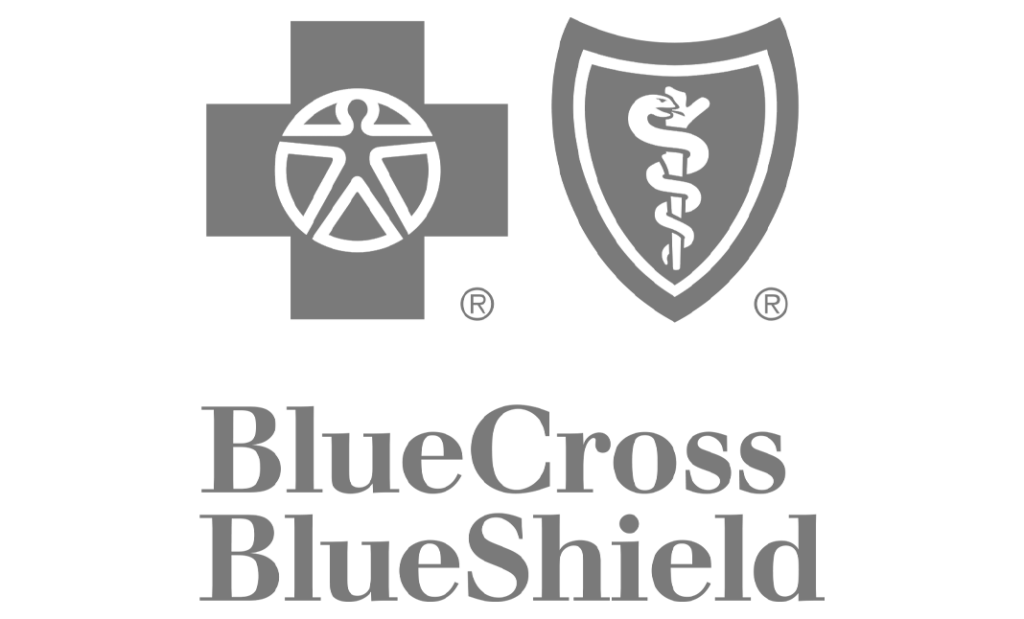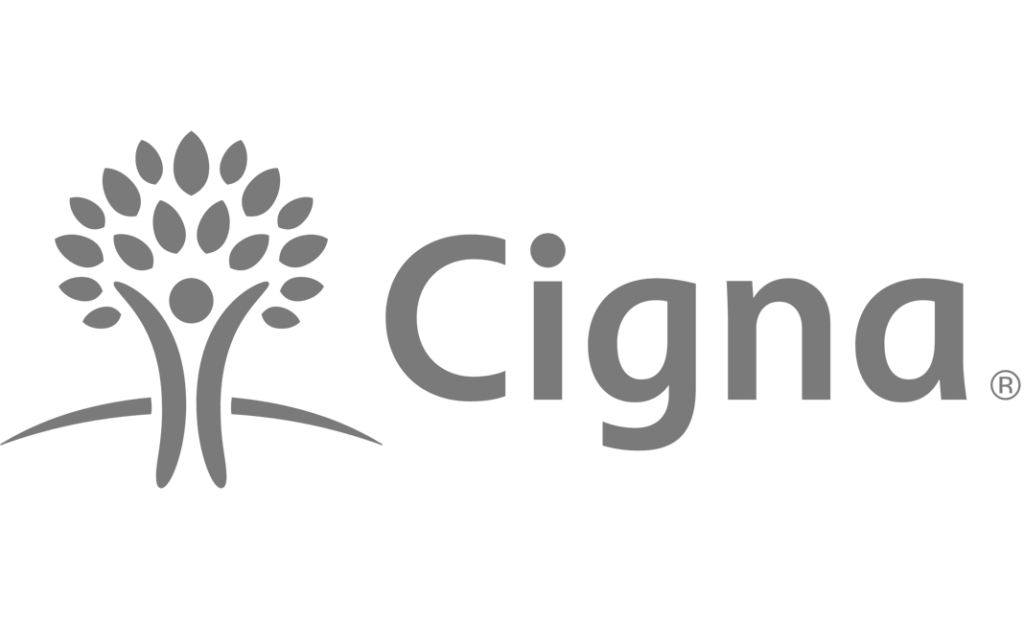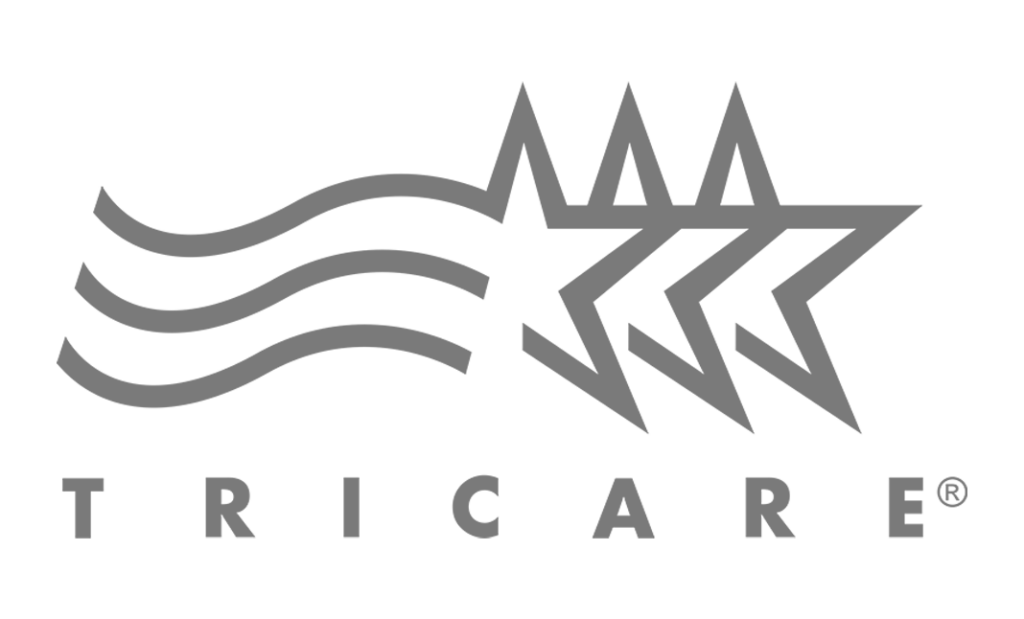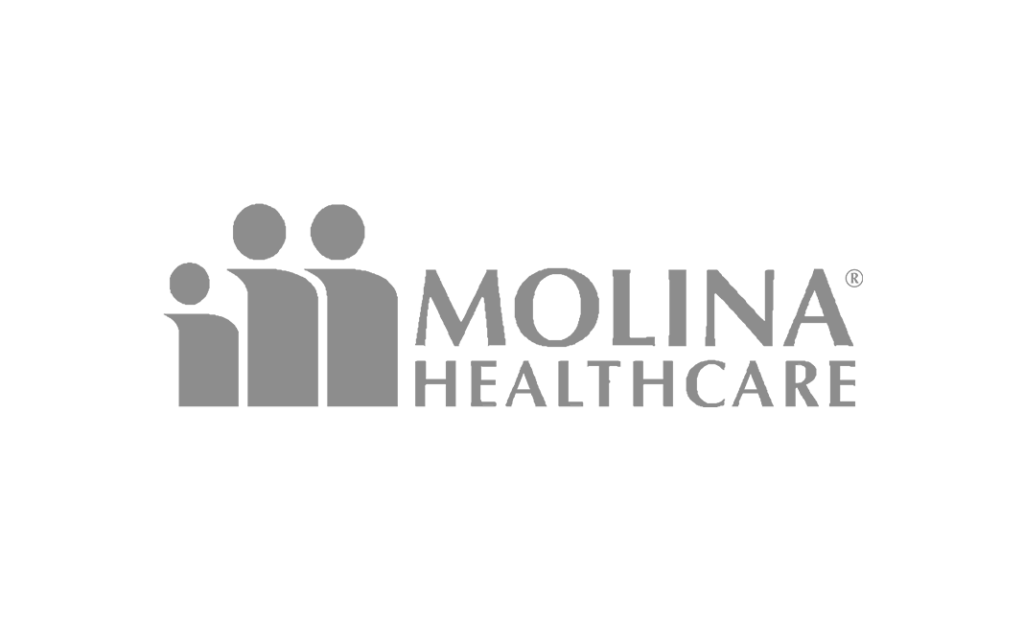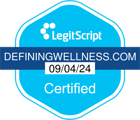When you’re transitioning out of drug or alcohol rehab, pursuing holistic addiction recovery back in the real world can be, well, a real challenge. Residential treatment in many ways provides a safe haven from substances, restlessness and anxiety, among other stressors. Yet when you’re in recovery, anxiety triggers and various difficulties that cause stress in your everyday life are still out there.
As you struggle with stress in recovery, it’s easy to think, I feel like only substances can make me happy. After all, that’s what you’ve been used to doing for so long in addiction. However, thinking like this can unfortunately lead to drug or alcohol relapse. That’s why it’s important to learn how to manage stress — without substances — using healthy coping strategies.
The Connection Between Stress and Substances
So how exactly does stress lead to substance use? How are the two so intertwined? You may not have realized this when you were struggling with addiction, but substance abuse and addiction are often tied to how you coped with stress and other difficult emotions. Addictions are commonly rooted in past traumas — even adverse childhood experiences — that still have lingering effects. When unresolved trauma, stress, and anxiety triggers persist, they can lead you to seek out ways to cope to find relief. This is especially true if you’re struggling with mental health disorders that have hurt your emotional regulation and anxiety management skills.
Your struggles may lead you to make poor decisions, such as pursuing unhealthy coping strategies like drugs or alcohol. What starts out as a couple drinks after work or taking extra prescription opioids can eventually spiral into substance abuse. After all, these substances only provide temporary relief from stress or other negative feelings. That means you have to use them over and over again when new stressors arise. Behind the scenes, your brain develops a chemical dependency on the dopamine that these substances generate, so you want to seek drugs or alcohol more often (and in greater quantities) to feel the same effects. As drugs or alcohol become your go-to coping mechanism for stress, this regular usage leads to an addiction.
The Importance of Healthy Coping Strategies
Coming out of addiction treatment, it may be tempting to go back to the bottle again to cope with your current challenges in the real world. However, returning to substances is an indication that you’re in the stages of relapse, and that’s the last place you want to be if you’re trying to maintain long-term sobriety.
If you truly want to uphold your relapse prevention goals and achieve lasting recovery, you have to replace unhealthy coping strategies with healthy ones. It’s that important. Stress and anxiety triggers are inevitable, but they don’t have to drive you back to addiction. You can learn to navigate your triggers well in ways that don’t involve substances. At Defining Wellness Centers, we’re here to equip you to stick with your sobriety on your own, long after your treatment ends.
10 Healthy Coping Strategies for Managing Stress
It’s one thing to say you want to manage stress better, but it’s another to actually do it well when you encounter stress on a daily basis. So when you’re in the throes of stress, restlessness or anxiety, how can you cope? Here are some everyday coping strategies that you can pursue in the moment of stress that don’t involve substances. By adopting these, you can stay the course with relapse prevention and long-term sobriety no matter what comes your way.
1. Journaling
When you’re struggling with stress, it’s easy to get overwhelmed by all the thoughts running through your head. To combat this, carve out some time in your day to sit down and write out your thoughts in a journal. Journaling for mental health actually helps you reduce stress, cope with depression, and manage anxiety, shares the University of Rochester. Other benefits of journaling include improving your mood, increasing self-awareness, and allowing you to track your progress toward your goals.
2. Mindfulness Meditation
In many ways, stress comes from dwelling on the past or the future. However, practicing mindfulness meditation can pull you back into the present moment. Mindfulness meditation allows you to observe your thoughts without judgment while concentrating on your breathing rhythms and bodily sensations. As a result, you can relieve your stress and regulate your emotions, allowing you to build up resilience and self-control.
3. Cold Plunges
Cold plunge therapy is part of our holistic addiction recovery program at Defining Wellness, but you can also utilize it as a stress coping strategy at home. Simply take a dip in a cold bath or shower for 30 seconds to a few minutes at a time, based on your comfort level. The benefits of cold plunges not only include stress reduction, but also reduced inflammation, improved mental well-being, and more. As you participate in cold plunges over time, your body’s stress response will diminish, stabilizing your mood and your mindset.
4. Opening Up to Your Support Network
When you’re in addiction recovery, it’s vital not to go it alone. You need your friends, family, and support network by your side. And this is no different for dealing with stress, too. When you’re stressed out, discussing your challenges and feelings with people who care about you, including your recovery support group, can be one of the best coping strategies. It’s likely that your support network can give you helpful advice and encouragement as well to get you through any difficult stress or anxiety triggers.
5. Exercising
Self-care is an important discipline along your recovery journey, and one of the key self-care practices you should be keeping up with is exercise. Yet exercise is also an excellent stress reliever. According to Harvard Health Publishing, exercising can both exhilarate and relax, provide stimulation and calm, and dissipate stress. Exercising also increases your body’s production of endorphins, chemicals in your brain responsible for mood elevation, pain reduction, and both feelings of relaxation and optimism.
6. Getting Outside
Taking time to be in nature is good for the soul, no matter if you’re struggling with stress or not. Outdoor therapy is also a major component of our addiction treatment programs at Defining Wellness. With that said, spending just 20 minutes in nature can reduce your stress hormone levels, according to a study by Frontiers in Psychology. Maybe it’s something more exercise-centric like hiking or running or something more relaxing like gardening or reading in the backyard. Regardless, going outside can take your mind off those I feel like only substances can make me happy thoughts and show that you can get a “high” in healthier ways.
7. Listening to Music for Stress Relief
Healing through music is real, so much that music therapy is also part of many holistic addiction recovery programs. Yet listening to music for stress relief is also very real, and it’s one of the easiest coping strategies you can practice daily. Listening to music simultaneously increases dopamine, your brain’s feel-good chemical, while reducing cortisol, your body’s stress hormone. This increase in dopamine also improves your mood and overall mental wellness so you can continue with your sobriety goals.
8. Practicing Yoga for Addiction Recovery
Practicing yoga for addiction recovery is an excellent coping mechanism, as it can strengthen your physical, mental, and emotional wellness. Yoga in many ways incorporates several coping strategies for stress, including exercise, mindfulness meditation, and even connecting with a support network. It can also regulate your body’s autonomic nervous system (ANS), which activates your stress response, and counteract any persistent fight, flight, or freeze response due to stress, shares Stanford University.
9. Pursuing a New Hobby
When you’re stressed out and looking for a way to cope, doing something you enjoy can be a healthy distraction. That’s why choosing a new hobby can be a powerful tool for managing stress effectively. Maybe it’s something you can do at home like knitting or playing an instrument, or something you participate in with others like volunteering at a non-profit or taking cooking classes. Making time for hobbies can help you realize that you can find joy in doing other things besides using substances, too.
10. Breathing
In the moment of stress, sometimes it’s important just to remember to breathe. Breathing, however, can become a more intentional coping strategy for stress in the form of breathing exercises or breathwork. The benefits of breathwork include reduced stress and anxiety, enhanced mental focus, improved emotional regulation, and more. Even taking a deep breath can slow down your heart rate and help you relax. And that may be what you need the most in the moment to prevent yourself from spiraling down the stages of relapse.
Achieve Lasting Recovery With Defining Wellness
Sure, stress can be a challenge when you’re in addiction recovery. But you have what it takes to continue on with your sobriety goals in spite of it, especially when you have the right coping strategies in place. But if you need help along the way, we’re here for you at Defining Wellness Centers in Mississippi. From holistic outpatient rehab to ongoing aftercare and alumni support, we can help you enjoy life in recovery on your terms without substances. To learn more about our recovery support programs, contact us today.










